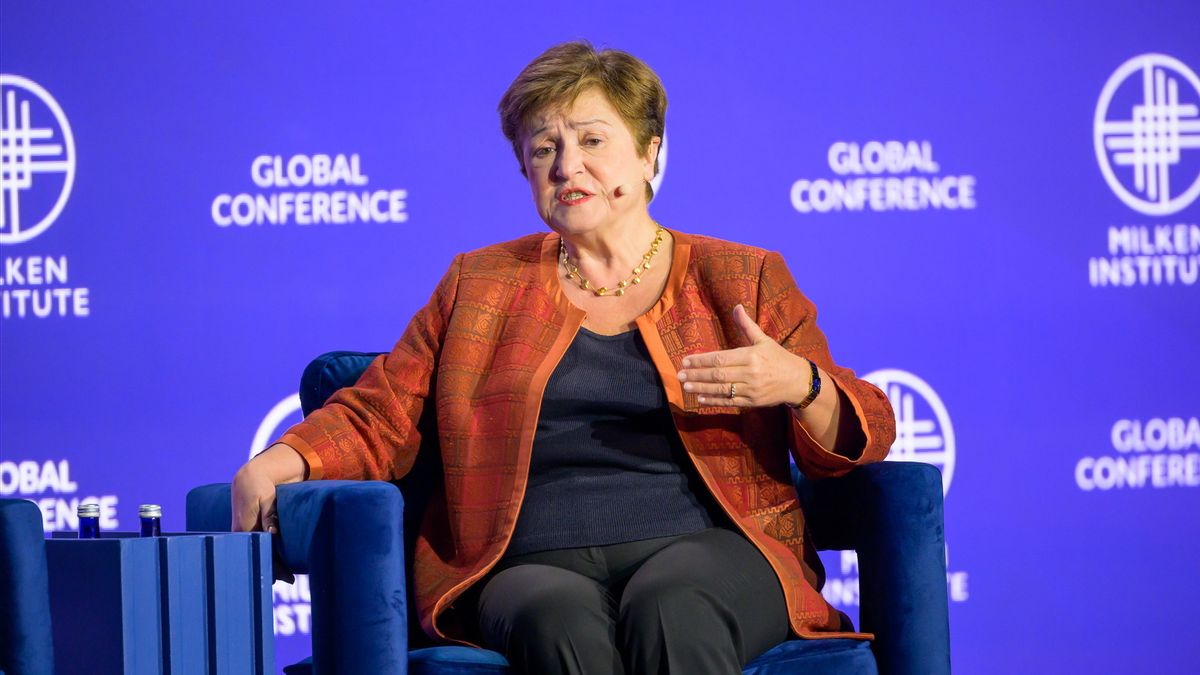JAKARTA - Implementing Director of the International Monetary Fund (IMF), Kristalinaturva, stated that artificial intelligence (AI) will have a significant impact on the global labor market. At an event hosted by the Swiss Institute of International Studies, last week related to the University of Zurich,ELova revealed that AI is likely to affect 60% of jobs in developed countries and 40% of jobs worldwide in the next two years.
"We have very little time to prepare people and businesses to deal with this change,"eneova said. "AI can increase productivity significantly if managed properly, but it can also lead to more disinformation and, of course, more inequality in our society."
She also noted that the world economy has become more vulnerable to shocks in recent years, citing the global pandemic in 2020 as well as the war in Ukraine as an example. Although he expects more shocks, especially because of the climate crisis, the world economy remains very resilient.
SEE ALSO:
"We are not in a global recession," said Sarawa, who was chased by protesters calling for action against climate change and developing debt management. "Last year there were concerns that most economies would slip into recession, but that didn't happen. Inflation that hit us very strongly is declining, almost everywhere."
The chairman of the Swiss National Bank, Thomas Jordan, who also spoke at the event, said that the fight against inflation in Switzerland was already very advanced. Inflation rose to 1.4% in April, the 11th month in a row where price increases were in the 0-2% target range of the Swiss National Bank.
"The inflation prospects are much better. It seems that for the next few years, inflation could remain in the range of price stability," Jordan said. "However, there is still a lot of uncertainty."
The English, Chinese, Japanese, Arabic, and French versions are automatically generated by the AI. So there may still be inaccuracies in translating, please always see Indonesian as our main language. (system supported by DigitalSiber.id)


















